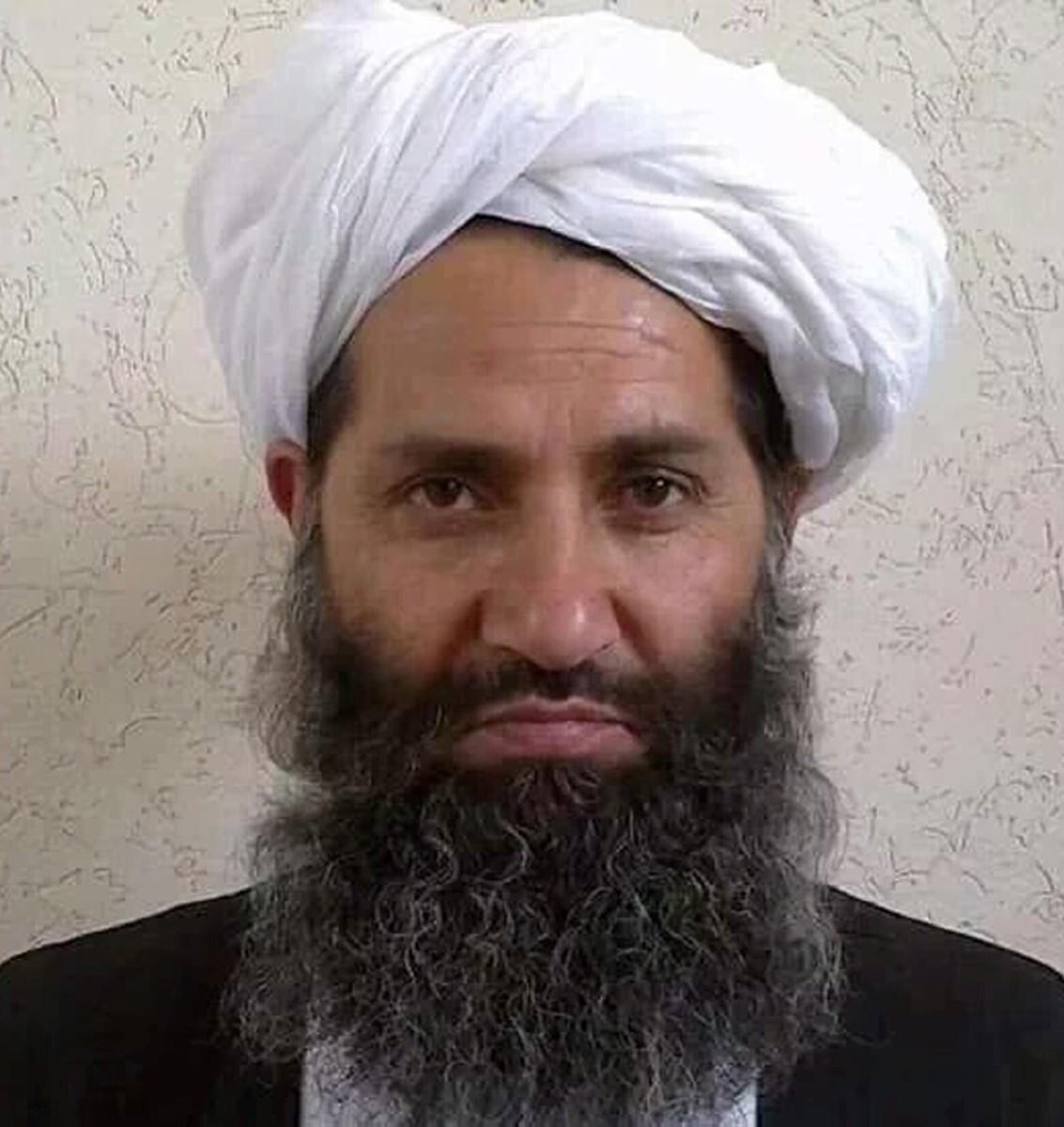‘Stop interfering in Afghanistan’, says Taliban leader in rare appearance
His speech at a major gathering of religious scholars in the Afghan capital was confined largely to telling the faithful to strictly observe Islamic principles in life and governance.
Just In
The Taliban’s reclusive supreme leader Hibatullah Akhundzada called Friday for the world to stop telling them how to run Afghanistan, insisting shariah law was the only model for a successful Islamic state.
Akhundzada, who has not been filmed or photographed in public since the Taliban returned to power in August, was addressing a major gathering of religious scholars in the Afghan capital called to rubber-stamp the hardline Islamist group’s rule.
Over 3,000 clerics have gathered in Kabul since Thursday for the three-day men-only meeting, and Akhundzada’s appearance had been rumoured for days – although media are barred from covering the event.
“Why is the world interfering in our affairs?” he asked in an hour-long speech broadcast by state radio.
“They say ‘why don’t you do this, why don’t you do that?’ Why does the world interfere in our work?”
Akhundzada rarely leaves Kandahar, the Taliban’s birthplace and spiritual heartland, and apart from one undated photograph and several audio recordings of speeches, has almost no digital footprint.
But analysts say the former shariah court judge has an iron grip on the movement and he bears the title “Commander of the Faithful”.
His arrival at the meeting hall was greeted with cheers and chants, including “Long live the Islamic Emirate of Afghanistan”, the Taliban’s name for the country.
Akhundzada’s appearance comes a week after a powerful earthquake struck the east of the country, killing over 1,000 people and leaving tens of thousands homeless.
No women are attending the clerics’ meeting, but a Taliban source told AFP this week that thorny issues such as girls’ education – which has divided opinion in the movement – would be discussed.
No mention of girls’ education
Akhundzada did not mention the subject in his speech, which was confined largely to telling the faithful to strictly observe Islamic principles in life and governance.
Since the Taliban’s return, secondary school girls have been barred from education and women dismissed from government jobs, forbidden from travelling alone, and ordered to dress in clothing that covers everything but their faces.
They have also outlawed playing non-religious music, banned the portrayal of human figures in advertising, ordered TV channels to stop showing movies and soap operas featuring uncovered women, and told men they should dress in traditional garb and grow their beards.
Akhundzada said the Taliban had won victory for Afghanistan, but it was up to the “ulama” – the religious scholars – to advise the new rulers on how to properly implement shariah law.
“The shariah system comes under two parts – scholars and rulers,” he said.
“If scholars do not advise authorities to do good, or the rulers close the doors against the scholars, then we will have not an Islamic system.”
Believed to be in his 70s, Akhundzada spoke in strong measured tones, occasionally coughing or clearing his throat.
He warned that non-Muslim nations would always be opposed to a pure Islamic state, so the faithful had to endure hardships to get what they wanted.
“You have to compete, you have to endure hardships… the present world will not easily accept you implementing the Islamic system,” he said.
Women’s rights activists have slammed their lack of participation.
“Women should be part of the decisions about their fate,” Razia Barakzai told AFP Thursday.
“Life has been taken away from Afghan women.”
The Taliban have thrown a dense security blanket over the capital for the meeting, but on Thursday two gunmen were shot dead near the venue.
Subscribe to our newsletter
To be updated with all the latest news and analyses daily.
